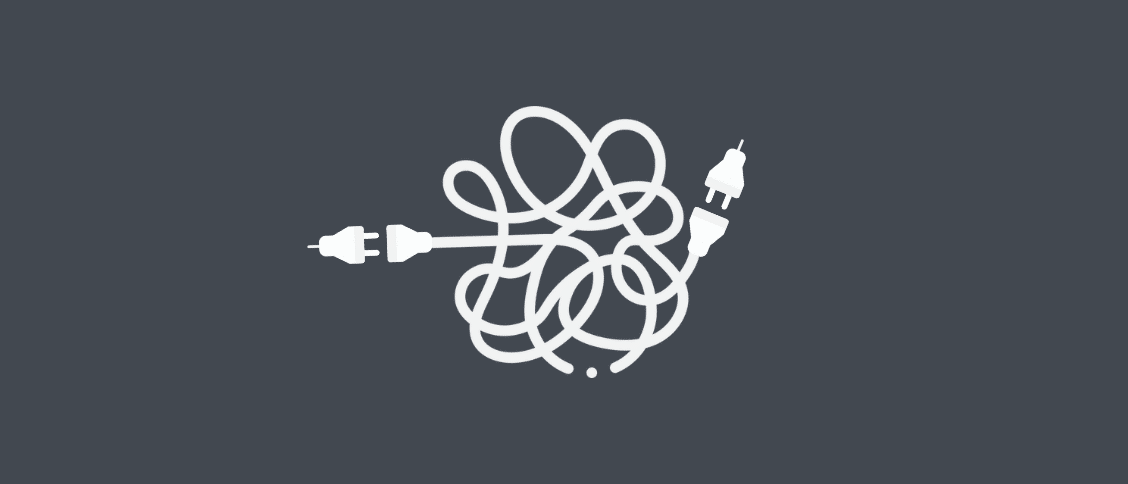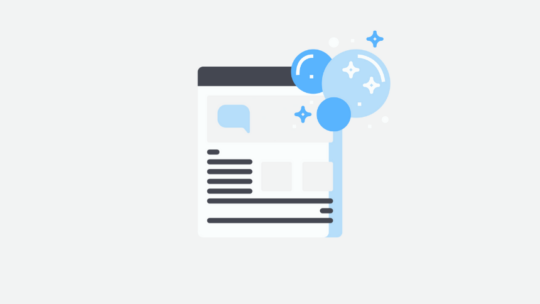One of the first things I evaluate when starting an SEO project for a client is how many WordPress plugins their website uses.
And it’s often pretty alarming.
WordPress allows you to install plugins that extend the functionality of your site. Whether you want to use a drag-and-drop page builder to design pages, add an e-commerce store, or book appointments, there are multiple plugins specifically designed for that.
Between the 60,309 free plugins available in the WordPress plugin directory and the countless premium plugins available from developers, there’s a plugin for just about everything.
That’s where a lot of people get into trouble.
Using too many WordPress plugins is one of the most common mistakes you can make with your website. Just because a plugin is free doesn’t mean there isn’t a cost.
WordPress plugins can slow down a website by adding extra code, increasing database queries, and consuming server resources. Each plugin introduces additional HTTP requests, CSS, and JavaScript files, which can result in increased page load times. Furthermore, poorly coded or outdated plugins can cause conflicts and inefficiencies, exacerbating performance issues.
The can negatively impact how your website ranks in search engines and deliver a poor user experience for your vistitors.
Some of the most resource-heavy WordPress plugins include the following:
- Page builders
- E-commerce plugins
- Backup plugins
- Security plugins
- SEO plugins
- Social sharing plugins
- Image optimization plugins
- Contact form plugins
If you’re interested in optimizing the speed and performance of your website, minimize your use of plugins as much as possible.
Before you add another plugin, ask yourself if you really need it.
If you do need to install a plugin, explore your options first. In addition to considering the number of installations, the average rating, and when the plugin was last updated, pay attention to the size and performance of the plugin.
One of the many reasons I use and recommend Rank Math is because it features the leanest code compared to its competition. The leaner the code, the better the performance.
The earlier you start limiting your use of plugins, the less cleanup you’ll need to do.
It’s fast and easy to install plugins. If you’re not careful, you might wake up one day and find that you have 50+ plugins that are actively taking a toll on the speed and performance of your website.
Be mindful and avoid the plugin jumble.



